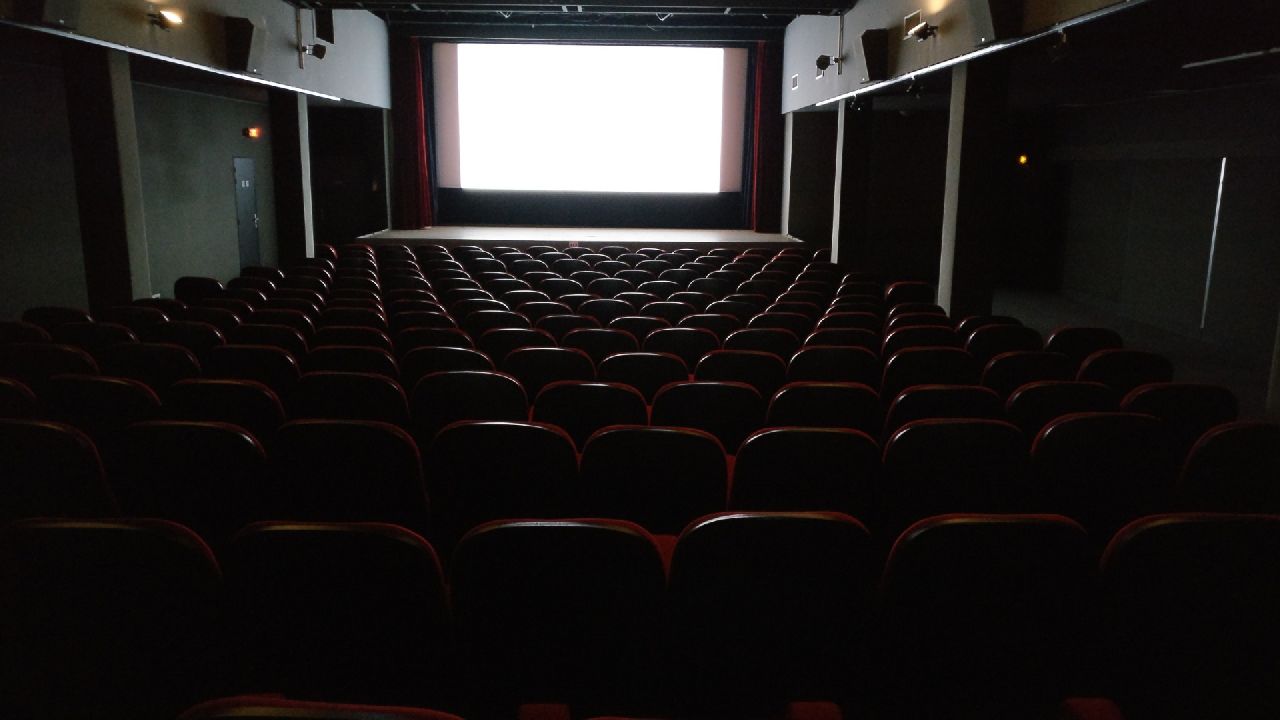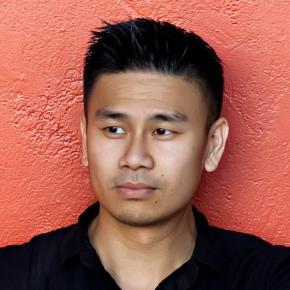Netflix recently released the film Anon by writer-director Andrew Niccol. Niccol is known for at least four films. IMDB.com even says so:
- Gattaca is about a dystopian world where society uses our DNA to determine where we live, how we live, and what we’ll do.
- The Truman Show is about a dystopian world where a man’s life is watched by omnipresent TV cameras, unbeknownst to him.
- In Time is about a dystopian world where humans are engineered to stop aging after their 25th birthday and then die a year later unless they earn more time.
- The Host is about a dystopian world where aliens have taken over the world and erased every human’s memory.
You’re probably seeing a pattern: Niccol likes dystopian worlds, or at least he likes crafting stories about them. No surprise, then, that Anon also takes place in a dystopian world where there is no anonymity, no privacy, and no hiding. Everything you do and see is recorded and stored, ready to be viewed, shared, and played back for the purposes of 1) marketing corporate products to you, and 2) convicting/exonerating you with law enforcement.
On the surface, it seems like the film is a critique of the questionable marketing practices of Google-Facebook-Amazon et al. But given Niccol’s thematic penchant for utopia gone wrong, I think this filmmaker is speaking to at least two deeper issues.
Wanting the Cure without the Doctor
In an interview with io9’s Gizmodo about The Host, we read this exchange:
Gizmodo: What is your attraction to fake utopias?
Andrew Niccol: I guess I’m hopeful for a better world. But I’m also realistic [enough] to know that it’s not so easy to achieve.
Ironically, Niccol’s way to explore a better world is to give us dystopian ones. Maybe he starts with the way things shouldn’t be because it’s a great starting point: No one thinks the world is as it should be. But here’s the problem for secular moviegoers: If there’s no God, then there is not a way “the world should be.” There’s no standard or purpose for anything, so the very idea of the cosmos being “broken” makes no sense. But even though the atheist’s worldview cannot support notions of objective moral “better” or “worse,” they still yearn for a morally “better” world.
The reason we all sense this present world is broken is precisely because it is actually broken. Our poets rhyme of it, our singers sing of it, our novelists write of it, our actors dramatize it, and our politicians...make it worse. Even atheists want a heaven...just one without God. And that’s the crux of the issue: Sinful humans want salvation on their own terms. They want the benefits of a righteous God while keeping their favorite sins. Rebellious sinners want the benefit of a god without acknowledging their own guilt, and a savior without acknowledging their own sin.
To his credit, it seems Niccol recognizes that man’s best attempts at glorious heaven inevitably lead to ghoulish hell. I think, in his honest reflections, he also recognizes that a heaven (utopia) without God is hell, as his stories often reflect a fascination with utopia gone wrong—worlds where a man-made utopian scheme “only works in two places: Heaven where they don’t need it and Hell where they already have it.” The problem is not the system; it’s the sinner. It’s not the society; it’s the soul. And since sinners design, implement, and inhabit these utopian systems, the utopias will always be dystopias. As wry developers are wont to say, “It’s not a bug; it’s a feature.”
Thus are the many ironies in desiring a cure you deny you need, to a disease you deny afflicts you, from a doctor you deny exists.
The Fear of an Omnipresent Judge
Maybe Niccol pitched Anon to Netflix as a story about the dangers of Google-Facebook-Amazon’s practice of stalking your online presence, but looking back at my analysis of Niccol’s The Truman Show, it seems he’s echoing his distaste for The Omnipresent Judge. Whereas his film The Truman Show explored our unease with always being watched, Anon takes the next logical step in that existential angst by explicitly showing us the consequences of always being watched; that is, always being judged guilty for our sins since the evidence to convict us never goes away. “You’d be surprised what people want to pretend never happened,” explains the co-star computer hacker who erases everyone’s sins for a large fee.
It’s not just the mere abstraction of being “watched” or “judged” that’s the problem; rather, it’s being watched negatively and judged shamefully that people fear. Think about it: If we’re only watched during our positive moments, not only would we not mind, we’d crave it (see Instagram as proof). And let’s face it, when society says, “Don’t judge,” what society really means is, don’t judge us negatively for our shameful sins. After all, every time somebody hits the “Like” button on your post, you’ve been judged. All the praise we seek and accrue to ourselves on social media is judgment; it’s just the kind of judgment that doesn’t make us feel ashamed.
It’s no coincidence that the context of Anon is not corporate marketing but law enforcement. Sal (Clive Owen), the protagonist, is a detective solving homicide cases while dealing with the loss of his young son—similar to Minority Report, a film about a dystopian world where John (Tom Cruise), the protagonist, is a detective solving homicide cases while dealing with the loss of his young son. But whereas those in the Minority Report world can at least hide behind the indeterminate potential uncertainty of future crimes, Anon leaves criminals no fig leaf since it’s about the recording of past crimes. The concept of an all-knowing, all-seeing, all-present Judge who sees all your future crimes as well as records all your past crimes reveals a primal fear within a guilty, rebellious humanity. The futile attempt to hide among the trees of the garden when the Judge approaches in the cool of the day is as old as humanity itself (Gen. 3:8).
The only way to erase our sins is not with a computer hacker but with a contrite heart, not with code but with confession; for to regain paradise, there must be repentance. Utopia can only be had on God’s terms. And though He’s a just Judge, He is also a gracious Judge. There’s no better way to utopia than through His mercy. “If we confess our sins, He is faithful and righteous to forgive us our sins and to cleanse us from all unrighteousness” (1 John 1:9).

